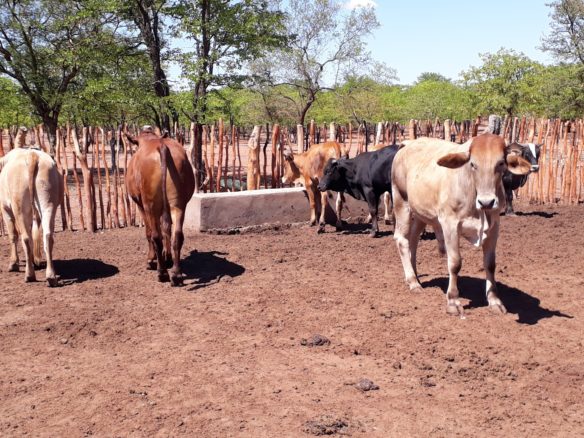Livestock farmers in Gokwe North District, Zimbabwe, are optimistic about an economic turnaround as this year’s long-awaited rains bring relief from the devastating droughts of previous seasons.
Revitalized Pastures and Livestock Recovery
Recent rainfall has transformed the northern region’s parched landscape into lush green pastures, restoring grazing land for livestock and wildlife. The renewed availability of thick and nutritious vegetation is a crucial boost for farmers who faced immense challenges maintaining their herds in prior years.
During the prolonged drought, many farmers suffered heavy losses, with some selling their mature Mashona cattle at drastically low prices—ranging from just USD 80 to 100—to opportunistic buyers. The scarcity of grazing land and water had left them with few options.
Market Opportunities and Policy Shifts
A significant boost for Gokwe’s livestock sector has come from the recent lifting of the cattle movement ban, which previously restricted sales from the Midlands province to other regions for direct slaughter. This policy change ensures farmers now have access to better markets, allowing them to sell their cattle at fairer prices and increase their earnings.
As livestock farming remains a primary economic activity in the district—especially after the decline of cotton production—these developments are expected to contribute to improved household incomes and economic stability.
Addressing Water Scarcity with Solar-Powered Boreholes
Water scarcity has been a long-standing challenge for Gokwe’s farmers, particularly during the dry season when rivers and dams dry up. In response, the government has initiated projects to install solar-powered boreholes and drill additional wells, ensuring year-round water access for both livestock and communities. This initiative has been particularly welcomed by elderly subsistence farmers, who previously struggled to secure adequate water for their cattle and households.
Strengthening Community and Economic Growth
Communal farmers in Ward 12 have expressed gratitude to both traditional and political leaders for their commitment to agricultural development. The improved pastures have not only reduced the need for costly supplementary feeding but have also bolstered food security through enhanced nutritional gardens.
With a more stable livestock sector, local farmers anticipate increased productivity, better living standards, and new employment opportunities within the region. As they continue to rebuild and strengthen their livelihoods, the future of farming in Gokwe North appears more promising than ever.


